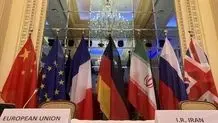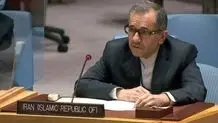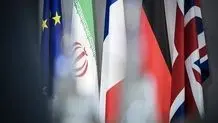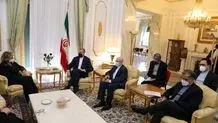Tehran serious about reaching a 'stable agreement' in Vienna
Saying that Tehran is examining the US’s response, the Iranian Foreign Minister stressed that Iranian negotiators are serious to reach a stable agreement but they will not compromise Iranians' rights in any situation.
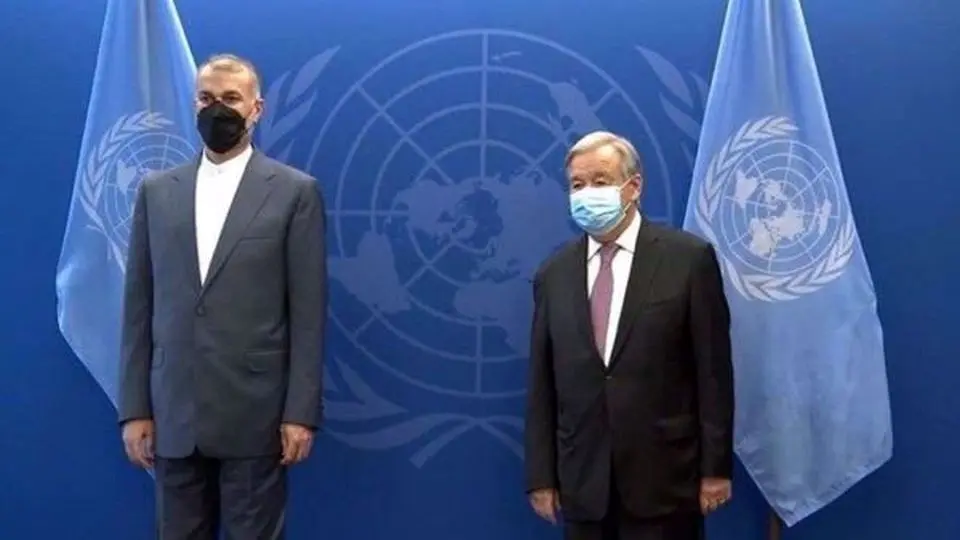
MEHR:Saying that Tehran is examining the US’s response, the Iranian Foreign Minister stressed that Iranian negotiators are serious to reach a stable agreement but they will not compromise Iranians' rights in any situation.
Stephane Dujarric, the UN spokesperson, said in a press conference on Thursday that UN Secretary-General Antonio Guterres and Iranian Foreign Minister Hossein Amir-Abdollahian, in a phone talk earlier in the day exchanged viewpoints on the JCPOA revival efforts and the Iranian nuclear program.
The UN spokesman added that Mr. Guterres in the phone talk emphasized that the efforts made by all the sides involved in JCPOA revival negotiations were of extreme importance.
Dujarric said that the nuclear NPT, too, was among the issues discussed in the phone talk.
A reporter asked the UN spokesman if the two sides had also spoken about the IAEA questions from Iran. He said that that is naturally also a part of the JCPOA.
“Many of the issues included in the JCPOA are interrelated with each other,” he said, expressing hope that the nuclear negotiations will reach an agreement.
Amir-Abdollahian also lamented that the NPT conference’s President-designate Gustavo Zlauvinen had, unlike the conference’s previous editions, omitted to press the occupying regime to become a signatory to the treaty, Press TV reported.
By leaving out all criticism of the Israeli regime, Zlauvinen had “set all of the previous conferences’ achievements aside,” the Iranian official said, asserting, “[This] is not acceptable by us at all.”
Zionist regime, which pursues a policy of deliberate ambiguity about its nuclear weapons program, is estimated to possess 200 to 400 nuclear warheads in its arsenal, making it the sole possessor of non-conventional arms in the Middle East region.
The illegitimate entity has, however, refused to either allow inspections of its military nuclear facilities by the International Atomic Energy Agency (IAEA) or sign the NPT.
What has emboldened Tel Aviv to accelerate its nuclear activities, according to observers, is the support that is provided for by the United States and Europe, which are both most critical of Iran’s peaceful nuclear energy program.
Turning to the issue of underway negotiations aimed at the potential removal of the US’s sanctions against Iran, Amir-Abdollahian said Washington had on Wednesday responded to Iran’s comments about a European Union proposal that is aimed at taking the talks out of its current impasse.
“Currently, my colleagues are engaged in examining [the US’s response],” the foreign minister said.
آخرین اخبار Iran را از طریق این لینک پیگیری کنید.

